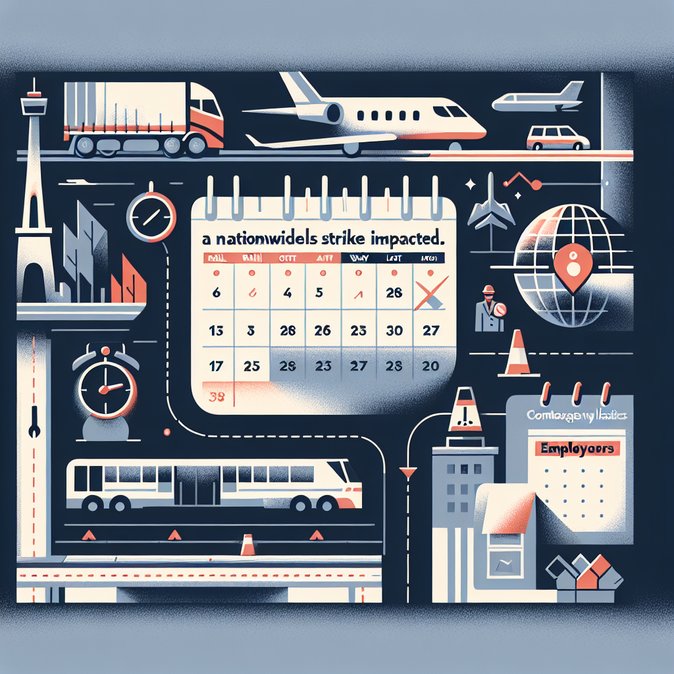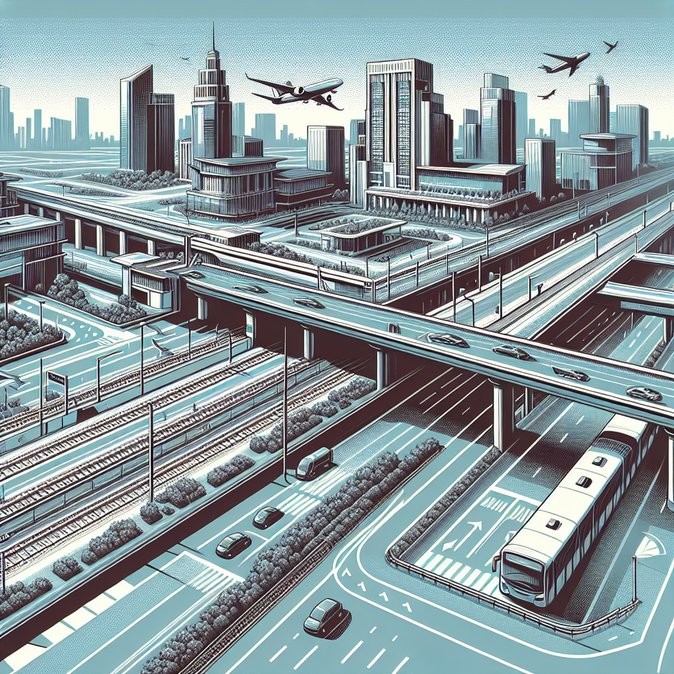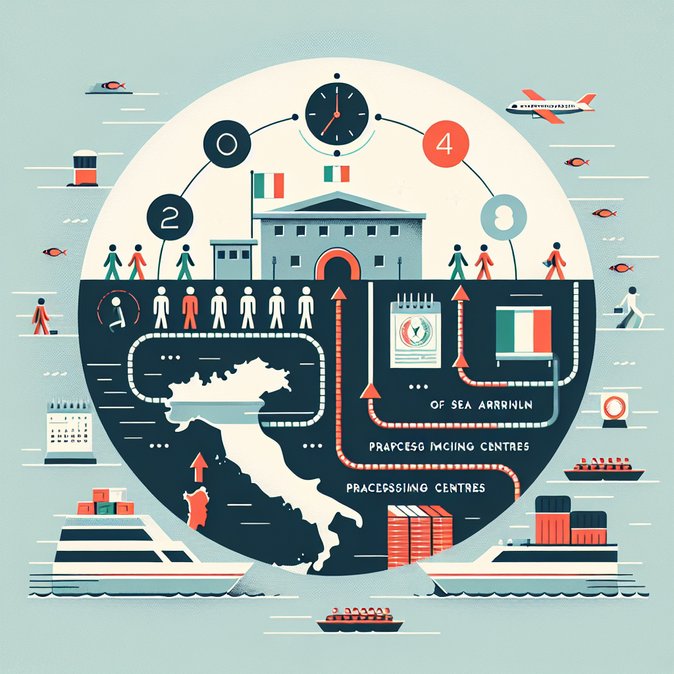
The mobility desk of Virgilio Motori released an AI-assisted strike calendar on 17 November detailing multiple transport walk-outs that will hit Italy between 17 and 30 November. Highlights include an eight-hour national freight-rail stoppage (17 Nov), a local public-transport strike in Ancona (20 Nov) and a 24-hour general transport strike spanning aviation, rail, motorway toll services and urban transit on 28 November.
The 28 November action is backed by a wide alliance of base unions—including CUB, USB and ADL-Cobas—and overlaps with a 24-hour rail strike starting 21:00 on 27 November. Airlines have not yet published revised schedules but, under ENAC rules, must protect flights in the 07:00-10:00 and 18:00-21:00 protected slots. Travel-management companies are advising employers to authorise earlier departures or remote-meeting alternatives for staff movements on those dates.
![Nation-wide transport-strike calendar published for late November—business travellers urged to review itineraries]()
While Milan and Rome are perennial hotspots, the bulletin notes that strikes will also affect motorway operators and freight-forwarders, potentially delaying just-in-time deliveries. Companies with time-critical shipments—pharma, fashion and food logistics—should arrange contingency warehousing and consider mode-switching to avoid penalties. HR managers should remind international assignees of their right to reimbursement for extra accommodation and re-ticketing costs under Italy’s employment-safety rules.
Looking further ahead, unions have already filed a notice for additional actions in December unless negotiations on wage adjustments and roster stability progress. Mobility specialists therefore recommend adding a ‘strike buffer’ of at least 24 hours to itineraries for the rest of the quarter.
The 28 November action is backed by a wide alliance of base unions—including CUB, USB and ADL-Cobas—and overlaps with a 24-hour rail strike starting 21:00 on 27 November. Airlines have not yet published revised schedules but, under ENAC rules, must protect flights in the 07:00-10:00 and 18:00-21:00 protected slots. Travel-management companies are advising employers to authorise earlier departures or remote-meeting alternatives for staff movements on those dates.

While Milan and Rome are perennial hotspots, the bulletin notes that strikes will also affect motorway operators and freight-forwarders, potentially delaying just-in-time deliveries. Companies with time-critical shipments—pharma, fashion and food logistics—should arrange contingency warehousing and consider mode-switching to avoid penalties. HR managers should remind international assignees of their right to reimbursement for extra accommodation and re-ticketing costs under Italy’s employment-safety rules.
Looking further ahead, unions have already filed a notice for additional actions in December unless negotiations on wage adjustments and roster stability progress. Mobility specialists therefore recommend adding a ‘strike buffer’ of at least 24 hours to itineraries for the rest of the quarter.


